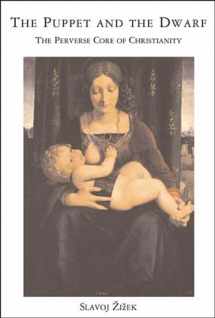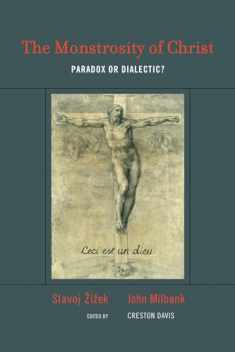
The Puppet and the Dwarf: The Perverse Core of Christianity (Short Circuits)
Book details
Summary
Description
One of our most daring intellectuals offers a Lacanian interpretation of religion, finding that early Christianity was the first revolutionary collective.
Slavoj Žižek has been called "an academic rock star" and "the wild man of theory"; his writing mixes astonishing erudition and references to pop culture in order to dissect current intellectual pieties. In The Puppet and the Dwarf he offers a close reading of today's religious constellation from the viewpoint of Lacanian psychoanalysis. He critically confronts both predominant versions of today's spirituality―New Age gnosticism and deconstructionist-Levinasian Judaism―and then tries to redeem the "materialist" kernel of Christianity. His reading of Christianity is explicitly political, discerning in the Pauline community of believers the first version of a revolutionary collective. Since today even advocates of Enlightenment like Jurgen Habermas acknowledge that a religious vision is needed to ground our ethical and political stance in a "postsecular" age, this book―with a stance that is clearly materialist and at the same time indebted to the core of the Christian legacy―is certain to stir controversy.


We would LOVE it if you could help us and other readers by reviewing the book
Book review





